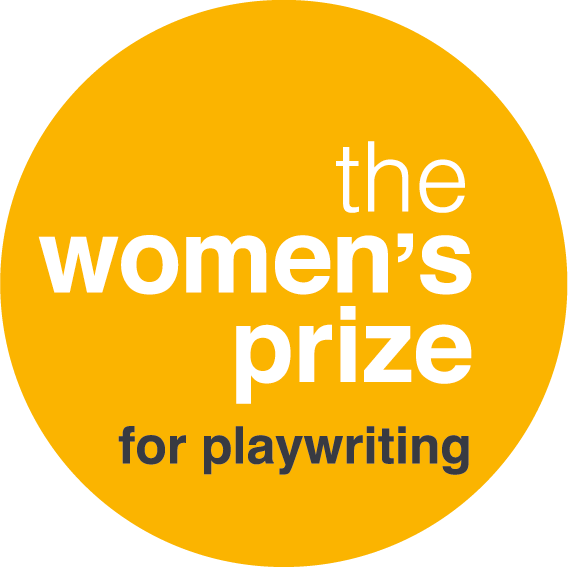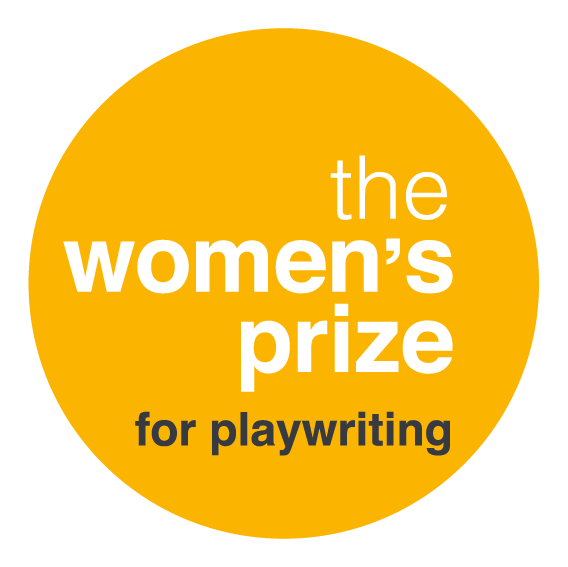Reading process
We know that reading processes can often be opaque, so we want to offer some information about our criteria and decision-making that we hope will give some clarity about how our Longlist, Shortlist, Final Five and Winners are chosen.
Who reads my play?
All submitted plays are read by a panel of experienced script readers, hired by the Women’s Prize for Playwriting’s Literary Associate. Until the longlisting stage, we ensure that no play is read by the same person twice.
We had over twenty theatre professionals in our reading panel for 2023: directors, dramaturgs, playwrights, producers, publishers and critics. Beyond their varied roles and work histories within the industry, our reading panels always represent a range of ages, genders, ethnicities, sexualities, disabilities, neurodivergence and geographical locations.
All readers participate in training before the process begins, as well as being given a handbook containing reading guidelines, to ensure that their work is consistent with the Prize’s mission, aims and criteria.
Scripts are also read by members of the Women’s Prize and Paines Plough teams.
How does the process work?
The bulk of reading takes place across four rounds. At each stage, an increasing amount of the script is read, and the readers are asked to keep a new focus in mind as they consider the plays.
This focus is tailored to reflect how much of the script is being read in that round (e.g. a play’s ambition may not be evident after 30 pages, so we save that criterion for full-reads), and is not presented to readers as an exhaustive or exclusive list of what to think about.
Readers submit a short analysis of each script, increasing each round up to two paragraphs or so for full-reads, and recommend either ‘Next round’ or ‘Pass’. If they’re really unsure, readers can flag scripts for a second read from a member of the Women’s Prize or Paines Plough leadership, who will then make a final decision on a script for that round.
In 2023, the break-down of each round was as follows:
First round
Reading: 20% of the play (up to 15 pages)
Considering: dialogue, voice, premise and constellation of characters
Second round
Reading: 40% of the play (up to 30 pages)
Considering: momentum, drive and heart connection – plus considerations from the first round
Third and fourth rounds
Reading: the whole play
Considering: theatricality, scope and ambition – plus considerations from the first two rounds. In the fourth round, readers are particularly encouraged to put through plays which they feel should be on the Longlist.
Readers are encouraged to flag plays which they think are particularly worthy of a place on the Longlist or Shortlist.
All readers’ responses are checked throughout the process by the Women’s Prize Literary Associate, ensuring that decision-making is broadly consistent across the reading panel.
Longlist
Plays which receive a ‘Next round’ recommendation from readers at both full-read stages are automatically considered for the Longlist; those which receive a ‘Pass’ recommendation from a reader at either the third or fourth read are divided between the Women’s Prize and Paines Plough teams, who read them again and recommend either ‘Longlist’, ‘Discuss’ or ‘Pass’.
The WPP and PP teams then meet to decide on a Longlist of fifty plays, informed by readers’ analysis and recommendations across the process, and taking into account writers’ Supporting Statements.
All longlisted writers are given feedback on their plays. This is not intended as notes for further development, but a record of responses from everyone who read the play across the process.
What makes a longlist play?
As per our website, we ask readers to seek out “vivid, expansive, exquisitely crafted plays that rejoice in depth and range of writers’ imaginations, feast on dramatic possibility, and are ambitious on all scales and subjects”.
In practice, that means longlisted plays tend to have:
- vibrant, lively dialogue
- complex, nuanced and surprising characters
- identifiable stakes, and a sense of change across the play
- layered and expansive storytelling with real scope, depth of thematic engagement, and momentum (even if not traditionally a ‘narrative’ play, we look for a strong and energetic sense of inquiry)
- a strong sense of visual storytelling, theatricality and liveness
- a confident marriage of form and content.
In 2023, we chose approximately 5% of submitted plays for the Longlist.
How do you make sure the process is fair?
We do everything we can to ensure a fair, robust and rigorous process.
Training
As well as using the reader training session to analyse and discuss taster scripts, honing the panel’s responses to meet the aims of the Prize, we also run a session on bias
‘Bias’ may mean expecting plays to look or feel a certain way, contain recognisable character ‘types’, or approach their subject matter in a particular way – and we collectively agree how to approach plays which fall outside of these expectations.
But bias can also be taste-based, and we encourage readers to recognise and stay conscious of what they do and don’t like in plays – and to be clear about this in their responses. This allows the Literary Associate to give additional attention to plays which may not have been read by their ‘ideal’ reader, and – where appropriate – assign them in the next round to a reader with different taste.
Lived experience
Although we trust our readers to assess the plays on their quality and suitability for the Prize regardless of content, they are also able to flag scripts which they think should be read by someone with a particular lived experience. As far as is possible within our diverse panel, the Literary Associate ensures that this happens before a final decision is made.
Name recognition
We don’t ask for plays to be anonymous because we want to actively celebrate and promote our playwrights, but this sometimes means that readers encounter plays by writers with whom they have a professional or personal relationship.
Readers – including members of the Women’s Prize and Paines Plough teams – are required to declare when they aren’t able to read a play objectively due to a conflict of interest, and the script is then reassigned.
More questions
If you have any further questions about the reading process that aren’t addressed here or on our FAQs page, please email info@womensprizeforplaywriting.co.uk

